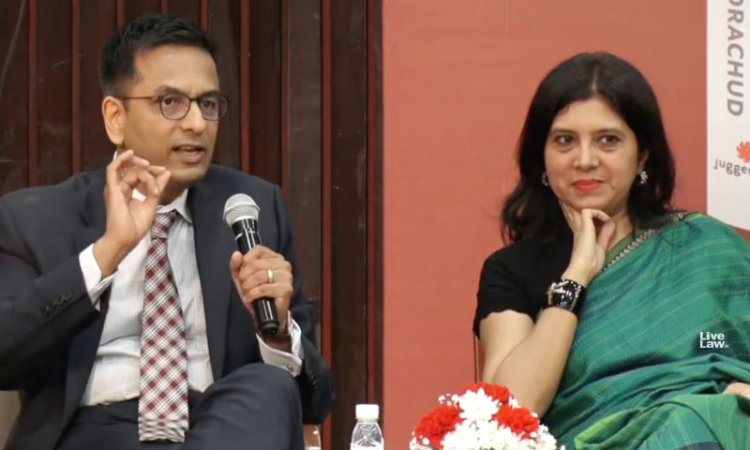We Have To Accept That India Is A Nation Of Plural Views, Multitude Of Cultures : Justice Chandrachud
Radhika Roy
4 Feb 2020 7:29 AM IST

Next Story
4 Feb 2020 7:29 AM IST
Supreme Court judge Justice D Y Chandrachud has stressed on the need to accept India's pluralism in views and identities in its way forward. "I think the true value of the nation as we go forward today, is for us to accept that this is a nation of plural views; it's a nation of plural identities; it's a nation of a multitude of cultures." the judge said.Justice Chandrachud was speaking at...
